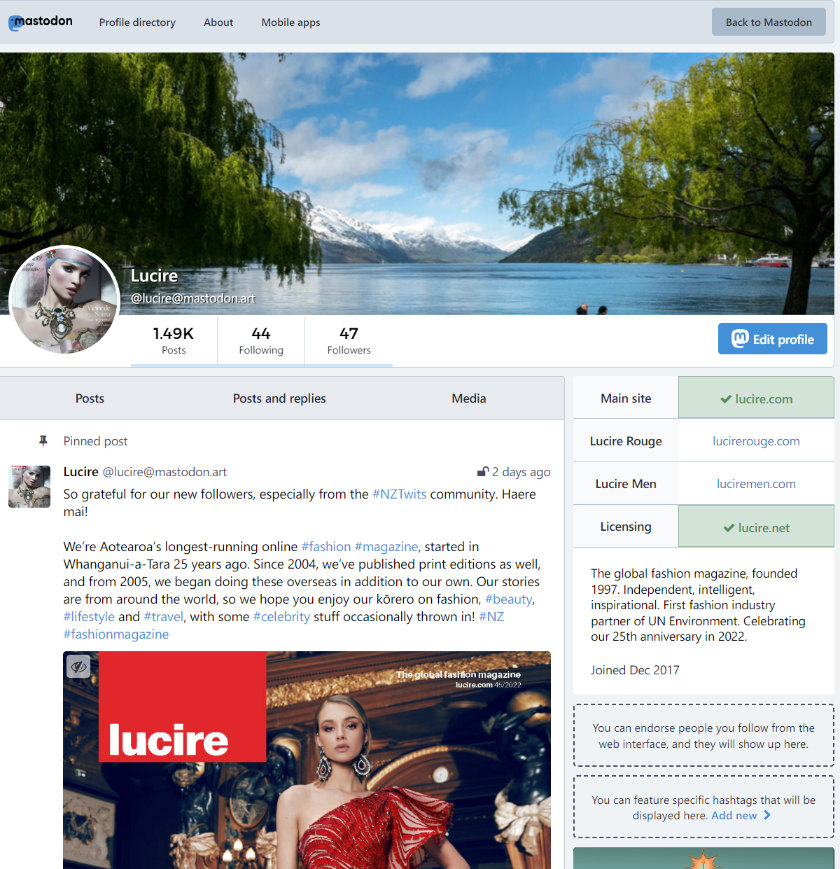
We don’t know if it was our letter to Twitter’s lawyers that did it, but as of the 17th—the deadline we gave Twitter for a response—we regained access to our account.
The process from losing our account in October to the repeated attempts to regain it was unnecessarily drawn out and at times farcical. Twitter kept requesting we send in ‘government-issued ID’ to prove that we were not underage, and we kept complying, but nothing ever budged. We alerted one of their UK staff, as well as their advertising sales’ and legal departments, in the hope we would get to someone who was at least smart enough to see that we had provided adequate identification and that we had more than satisfied their requirements. But Twitter shifted the goalposts, later saying that our ownership of the account couldn’t be confirmed—despite our using the same email address under which it was set up.
Between October 23 and December 17 we had to set up an alternative account and redo all the gadgets that fed stories from our sites to social media, not often successfully; it remains to be seen whether restoring all the old settings results in everything working as it once did. As it is technology, we don’t expect that doing the same thing will result in the same outcome.
Twitter’s nearly two-month shutdown of our account compares very unfavourably to Instagram’s one-week shutdown in September–October 2021, and Google’s blacklisting and repeated libel in 2013 (which was a case of our repeatedly demonstrating that our websites were virus-free, and Google’s systems never accepting the truth) that also continued for a week. Frankly, we had expected better of them—even with their history of deactivating antiwar and Occupy accounts.
Our content could hardly be said to be controversial, with the exception of our criticism earlier this year of Big Tech and the need for US antitrust laws to be redefined and enforced, and of our publication of an op-ed by Nils Melzer, UN Special Rapporteur on Torture, over the treatment of Julian Assange in 2019, which The Guardian, The Times, The New York Times, The Washington Post and others lacked the courage to run.
It is a reminder that no one is immune from the whims of Big Tech, and the less one relies on it, the better. Maybe our next step is to publish automatically to Mastodon rather than Twitter—it’s something for any business to consider. Go where you can control your digital presence and your data. In our opinion, when it comes to Big Tech, the detriments outweigh the benefits.—Jack Yan, Founder and Publisher







